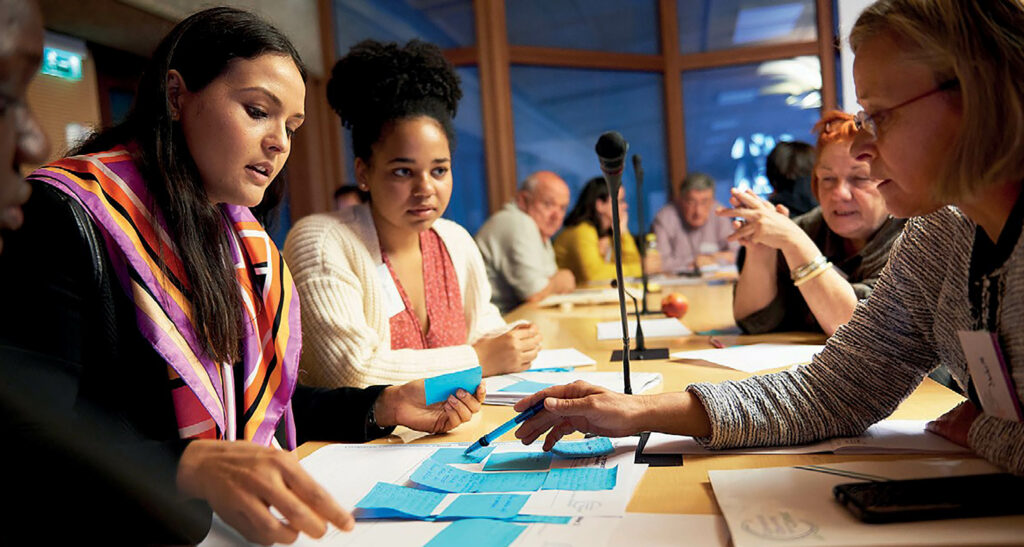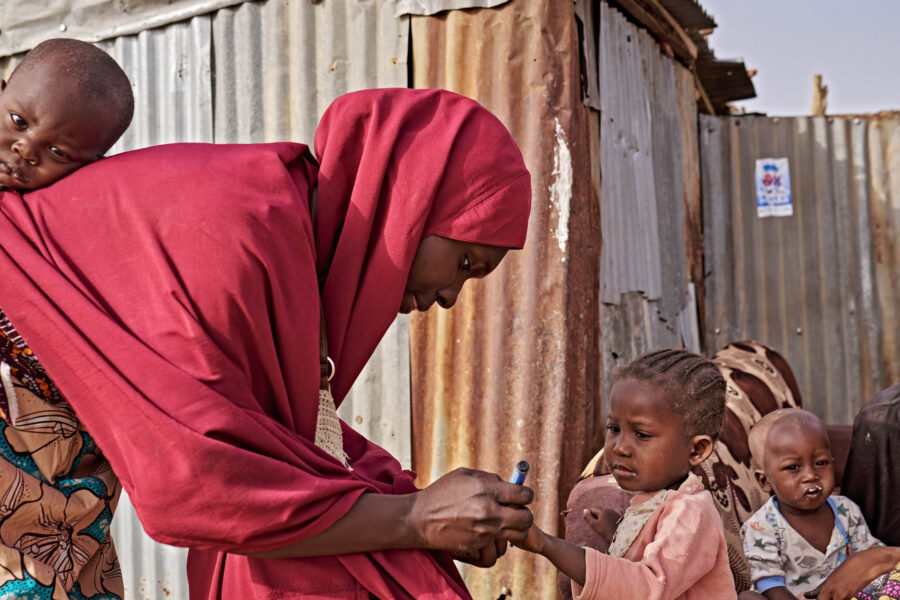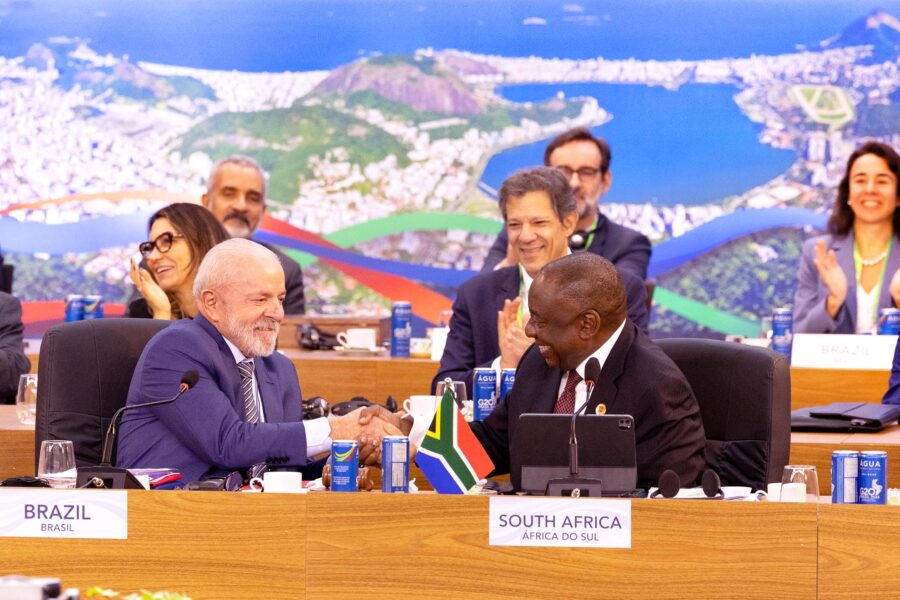Communities must drive climate action
Communities, not bureaucracies, will be the driving force to turn the aspirations of the Paris Agreement into reality
Climate — Global

Our utopias are too technocratic. From electric vehicles to clean air to “smart cities” – listening to climate experts, you would think a typical family spends their dinner discussing infrastructure and CO2.
There’s another way to look at the abstract 2050 goals of the Paris Agreement. Rather than imagine the world we want, let’s accept we do not yet know how we will get there.
There is no sole silver-bullet solution we can touch, or cling to. Not carbon removal, not geo-engineering, not “electrifying everything.” Versions of these could potentially play a role, but none of them will save us in isolation.
The task ahead is punishing and complex. It involves new social contracts between individuals and their institutions; new definitions of growth – and risk; it will redraw the contours of our daily lives.
Lastly, we are dangerously late to it.
Once we accept this, the problem remains daunting. And yet it looks clearer. How will we maintain the energy to make societal strides that are so profound they have never been imagined, let alone achieved?
The only asset we can reliably bet on, one still critically undervalued, is this: community. To explore the potential of new community-based forms of democracy would be a critical innovation, and a multiplier of other conventional forms of innovation – financial, technological, and beyond.
I believe communities are always ahead of bureaucracies. Citizens’ assemblies, participatory budgeting, ramping up cooperatives across markets – these are only some examples of communities’ potential for bracing ingenuity.
We will succeed at the transition if we achieve it with one another. For states to try to impose it with straitjacket solutions is a certain bid for failure.
Germany’s experience with renewable energy cooperatives, for example, shows that community acceptance of windfarms is dramatically higher when people have a chance to co-own and invest in them. The sector represents an investment of 3.2 billion euros in 2020 alone, mobilized by 200,000 members. The EU’s clean energy package has since introduced the need for such “energy communities” in legislation, hoping to galvanize similar success across the continent.
In France, the citizens’ convention on climate – a government response to the gilet jaunes protests – brought together a randomized selection of 150 citizens from across the territory to prepare, over months-long working groups, a host of grassroots recommendations to the state. While the government’s commitment to those proposals has been disappointingly uneven since, polls show that virtually all the proposals were supported by most of the country. In this bittersweet outcome, we see both the potential and the obvious institutional obstacles that must be revisited.
One thing is certain: participatory democracy in France has been buoyed by the initiative, from community-led municipal budgets to more local citizens’ conventions across the country.
Communities, from small towns to peer groups, are also the most effective at taking their governments to court – and winning – over their liability to keep citizens safe. Last week, a group of 32 concerned citizens in Jakarta won a ruling that the Indonesian government was failing to uphold the right to clean air. Time and again, the law is siding with the people against politicians and organized interests, and advancing climate ambition further than our leaders have dared.
When we brokered the Paris Agreement, we recognized that no single treaty could ever govern the climate response. Rather, we needed a text that could gradually pull the international climate regime into its orbit, and become its organizing principle. This required the broadest buy-in possible: governments, cities, asset managers, businesses, civil society. We strived to be as inclusive as possible, and the resulting accord was community-powered multilateralism at its best.
The road since has not been straightforward, nor will it likely ever be. The Paris targets exist within a broad social compact, one where the relations between human societies and nature are rebalanced. They are underpinned by a diplomatic space in perpetual tension, between cooperation and competition.
In an equation this complex, it is liberating to observe that community is always ahead of the formal diplomatic track. We could even speak here of “communities of practice” – such as the financial sector, where the biggest pension funds have been instrumental in accelerating net-zero norms and decisively divesting from fossils. The individuals who decide these portfolios are not parties to the Paris Agreement, and yet they have seen the future and adopted its logic. That was the idea. With the right goals and settings, people get on with it.
Innovation isn’t always capital-intensive. Most prototypes do not pass the stress test of reality. The best ideas are community-intensive. Therein lies our best hope.





